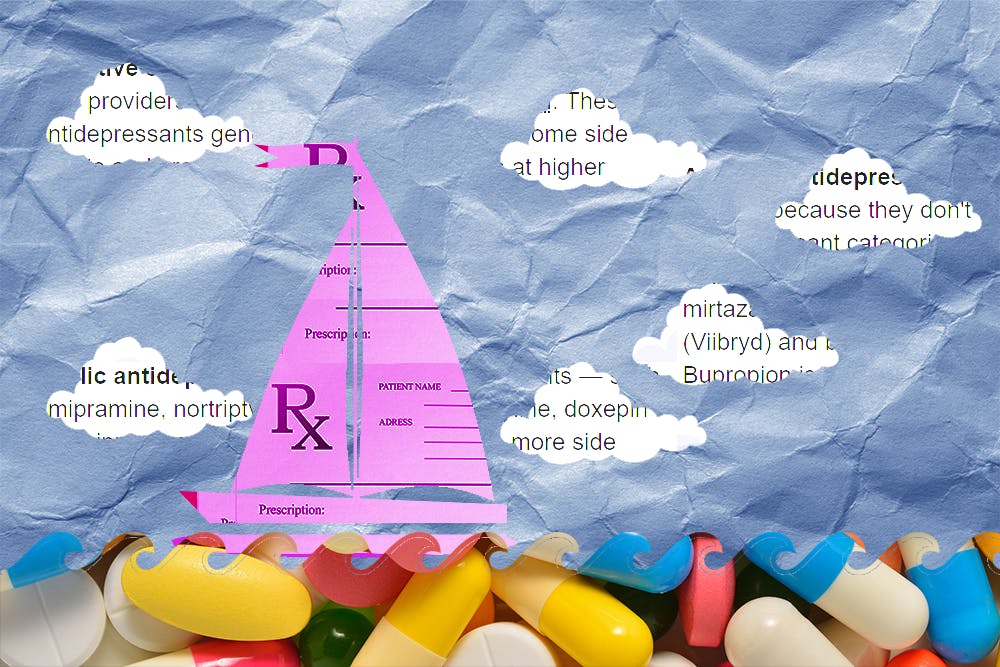Last year, in the midst of a particularly rough mental health episode, I visited Counseling and Psychological Services at UNC for the first time. After two hours in the waiting room, I met with a counselor who, after only 30 minutes, recommended I see a psychiatrist.
Two weeks later, I finally met with the psychiatrist. At the end of our 45 minute appointment, he diagnosed me with obsessive-compulsive disorder, a panic disorder and depression. His treatment plan? An antidepressant: Zoloft.
This "miracle pill" did not work for me. It actually left me worse off than when I started.
In the year since this appointment, I’ve met with several other doctors, all of whom had a similar passion for their prescription pads. Not once has a psychiatrist recommended me therapy or any alternative treatment plan. They always go straight to telling me to fill some prescription at my nearest Walgreens and see them again in six months.
Antidepressant medications are one of the largest revenue sources for the pharmaceutical industry. In 2019, the global antidepressant market alone was worth almost $12 billion. This value will only grow, with The Pharmaceutical Journal reporting that antidepressant prescription rates have increased by 35 percent in the past six years.
One could argue that the onset of the COVID-19 pandemic contributed to this dramatic increase, but this is a trend we’ve seen taking shape for decades. Between 1998 and 2018, the number of antidepressant prescriptions more than tripled, according to a longitudinal study published by the National Institute of Health.
This trend mimics those of prescription painkillers, including opioids like OxyContin. Overprescription of these medications, and subsequent prescription drug abuse, has risen astronomically in recent years. However — despite drug abuse and high rates of addiction — a lack of ethical care within American medicine and the pharmaceutical industry prioritizes prescribing over consumer safety.
This is not to suggest that antidepressants have the addictive and detrimental potential as opioids, but I’m cautious of the idea that we should trust everything a doctor prescribes us, given epidemics that have ensued as a result of overprescribing.
In fact, I don't think antidepressants themselves are that harmful.




